Prosthodontics
What is Oral And Maxillofacial Prosthodontics?
Prosthodontics is the dental specialty pertaining to the diagnosis, treatment planning, rehabilitation, and maintenance of the oral function, comfort, appearance, and health of patients with clinical conditions associated with missing or deficient teeth and/or maxillofacial tissues by using biocompatible substitutes.
Why choose us?
At the Department of Prosthodontics, we’re your partners in restoring smiles and confidence. With cutting-edge technology and a team of skilled professionals, we tailor each treatment to your unique needs. Our commitment to excellence ensures precision, durability, and aesthetics in every prosthesis we create. Whether you require dental implants, crowns, bridges, or dentures, we prioritize your comfort and satisfaction. From initial consultation to post-treatment care, your journey with us is marked by compassionate support and unwavering quality. Trust us to transform your oral health and revitalize your smile. Choose expertise. Choose precision. Choose the Department of Prosthodontics
Our Doctors
Removable Partial Dentures
- Temporary and Cast Partial Dentures with/without Attachments
- Complete dentures: Conventional, Immediate, Tooth/Implant-supported overdentures, Implant retained hybrid dentures, Flexible dentures.
Fixed Partial Dentures
- Metal and All-Ceramic Crown and Bridges
- Nickel- Chromium alloy ‘metal’ crowns.
- Direct metal laser sintered (DMLS) crowns.
- Porcelain fused to metal crowns (PFM)
- All-ceramic crowns (pressable and CAD-CAM), monolithic and ceramic layered zirconia crowns.
Oral Implantology: Single tooth to multiple teeth replacement by Osseointegrated Implants
Occlusal Rehabilitations: Full Mouth Rehabilitation along with various prosthetic options including Hybrid dentures, Direct metal laser sintered (DMLS) frameworks, Titanium milled frameworks and Paulo Malo implant prostheses.
Smile Design: Esthetic Restorations and Ceramic veneers
Maxillo Facial Prosthodontics: Obturators; Speech bulb, orbital, nasal, ocular, ear, finger & lip prosthesis; guiding flanges; Splints: For temporomandibular.
- 4-year undergraduate program
- 40 students per year
- Preclinical Prosthodontics Training
- Dental Material Training
- Clinical training in removable and fixed prosthodontics
- Access to high-level prosthodontic work
- Dental Lab visits for enhanced exposure
- CAD CAM Digital Dentistry Training
- Community-integrated clinical exposure
- 3 Year Master’s Program in Prosthodontics since 2014
- Three postgraduates per batch.
- Guided by experienced faculty
- Exposure to removable, fixed, Maxillofacial prosthodontics
- Extensive exposure to high-level implant prosthodontics
- Clinical training and practice in aesthetic dentistry
- In-house digital scanner for digital dentistry training.
- Guidance for Board Certification Program
- CAD CAM Digital Dentistry Training
- Conducive atmosphere for dental research.
- Quality publications
- Access to Advanced Clinical Training (ACT) Courses
- Access to the International Team of Implantology (ITI) Study Club
- Collaboration available for Dental Research
Notable Alumni Placements
- Christian Dental College, CMC Ludhiana
- DentCare Dental Lab
- Dentsply Sirona
- Anoor Dental College
Gallery
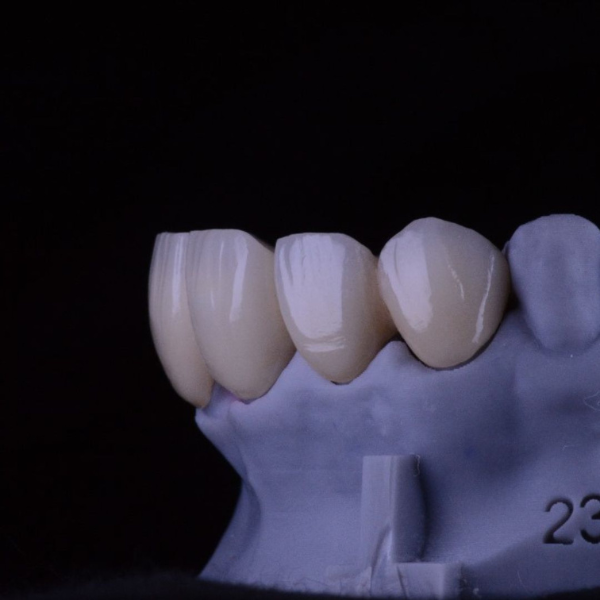
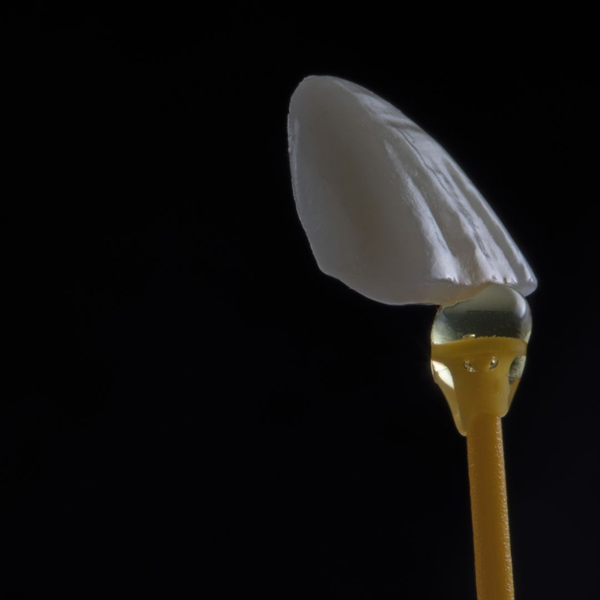
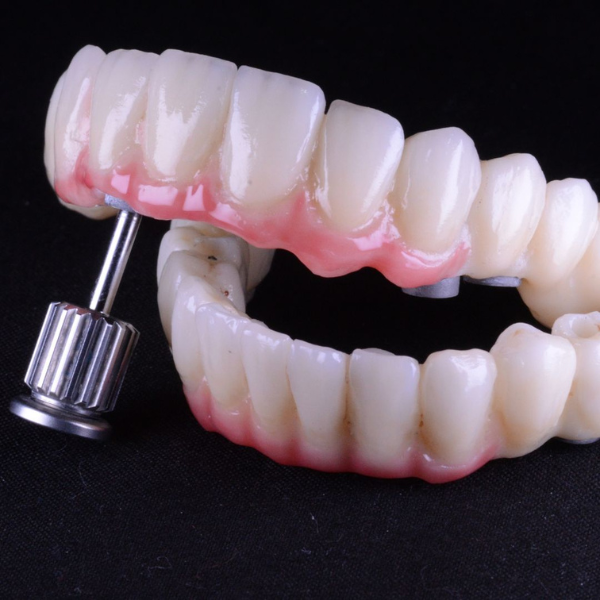
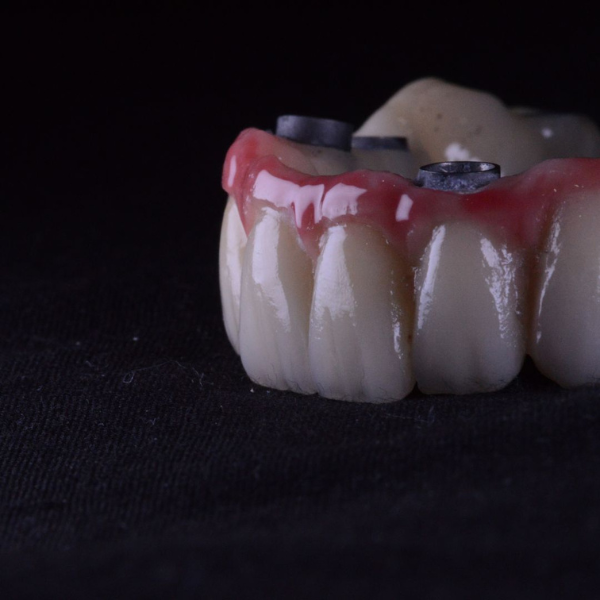
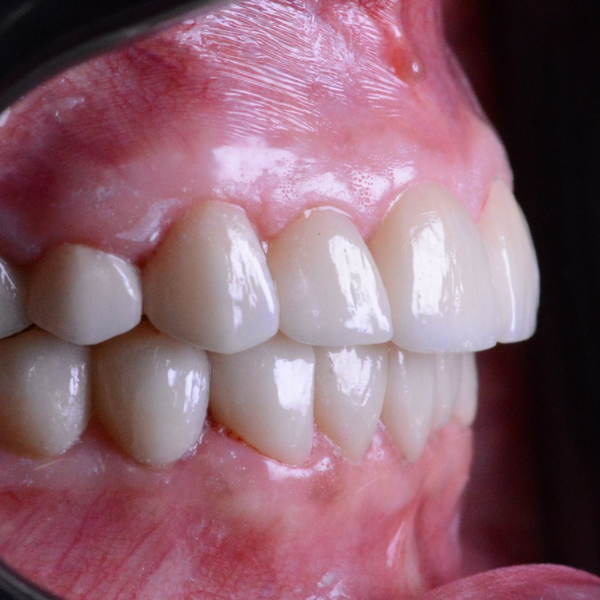
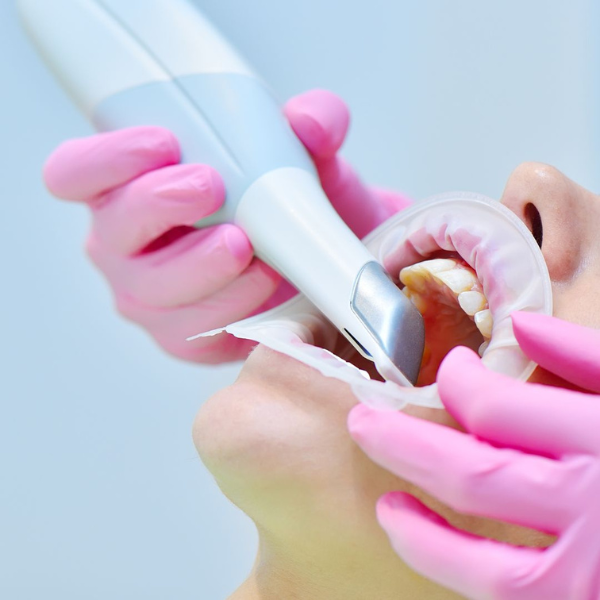
Frequently Asked Questions
Yes. The problems caused by missing teeth go far beyond cosmetics and can seriously damage your dental health. The many problems that missing teeth can cause include:
Shifting teeth, Decay, Gum disease, Difficulty speaking, Difficulty chewing leading to TMD and/or poor nutrition, Changes in the look of your face
Crowns and bridges are recommended for individuals who have:
Damaged or decayed teeth that cannot be restored with fillings or other dental treatments.
Missing teeth and desire a fixed solution for tooth replacement.
Weakened teeth due to root canal therapy, fractures, or extensive dental work.
Cosmetic concerns such as misshapen or discolored teeth.
Most individuals who have lost one or more teeth due to injury, decay, or disease are potential candidates for dental implants. However, candidacy depends on factors such as overall health, jawbone density, and oral hygiene. Our implant specialists will assess your condition during a consultation to determine if implants are suitable for you.
This varies depending on the patient’s needs and the treatment process preferred by the prosthodontist. You can generally expect:
● An initial consultation with x-rays (and extraction if a tooth root is still in place)
● An in-office surgery to open the gum, create a hole in the jawbone and insert a titanium post
● Checkups to monitor healing of the surgical site and the growth of bone around the post
● A minor procedure 4-6 months later to attach an abutment to the post
● A visit several weeks later to fix the crown to the abutment
Some prosthodontist’s place the abutment at the same time as the post if the patient doesn’t mind having the abutment visible during the healing phase. Additional visits may be required for patients who need bone grafting or gingivoplasty (sculpting of the gums). Your prosthodontist should be able to outline an estimated treatment schedule during your consultation. However, the final number of visits will be determined by how your mouth responds to treatment.
Yes, dental implants are a safe and proven treatment option for replacing missing teeth. With proper planning, placement, and maintenance, the success rate of dental implants is extremely high. Our experienced implantologists adhere to strict safety protocols to ensure the best possible outcome for each patient.














